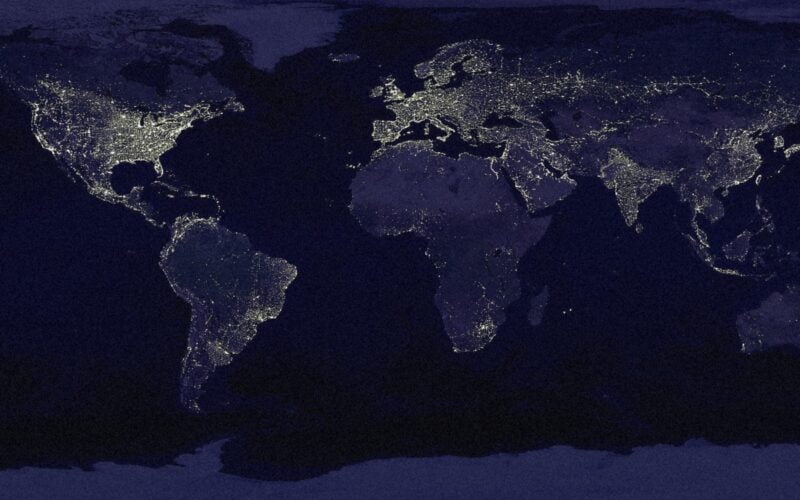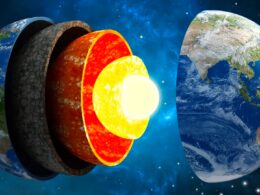June 29, 2022, was 1.59 milliseconds shorter than an average day. This means that it was a shorter day than most. But even though it was a shorter day, it still had the same number of hours.
The average day is comprised of 24 hours. This equates to 86,400 seconds. That’s a lot of time!
But in recent years, the Earth’s rotation has sped up. As a result, some days are now shorter than they used to be. This change can be traced back to the Earth’s core, where the molten iron is gradually solidifying. As the core solidifies, it becomes more deformable, and the Earth’s rotational speed increases.
Scientists are steadily learning more about our universe, but many unanswered questions remain. One person who may have had some answers is Prophet Muhammad SAWW, who lived over 1400 years ago. While his teachings can provide clarity on some things, there are still many elements that remain a mystery.

The Earth’s day grew shorter by 50 millionths of a second on July 26, 2022. This is the first time in over fifty years that we have seen such an occurrence, and it has scientists concerned about what this could mean for our planet’s future stability as well as how humans will be able to adapt to their lives changing so rapidly every single minute of every day.
The Guardian reports that the Time-Date website, which tracks events using atomic clocks, started noticing an increased length of days in 2016 when they saw something was wrong; however, nobody knew why until recently, when researchers found out someone tweaked some algorithms used during processing within mathematics models used.
The length of an average day may vary slightly in the short term, but it has increased over time since Earth’s moon system was formed. That is because we are experiencing tides that were possible during earlier eras when our planet shared its rotation with another body. They would fluctuate more greatly than now due to their current distance apart – like how one side experiences higher highs while others lie underwater at any given moment!
Scientists know that the Earth’s days are getting shorter on a short-term scale. But it’s unclear why this is happening and what effect it might have on how humans track time.
Fred Watson, Australia’s author of The Seasons: An Astronomer’s Guide to the Year and astronomer, told ABC News in Australia that “if nothing is done to stop it, you are going to get the seasons out of step. With the calendar gradually.“
Subscribe to our channels on WhatsApp, Google News, Facebook and Instagram.Discover more from The Islamic Information
Subscribe to get the latest posts sent to your email.












